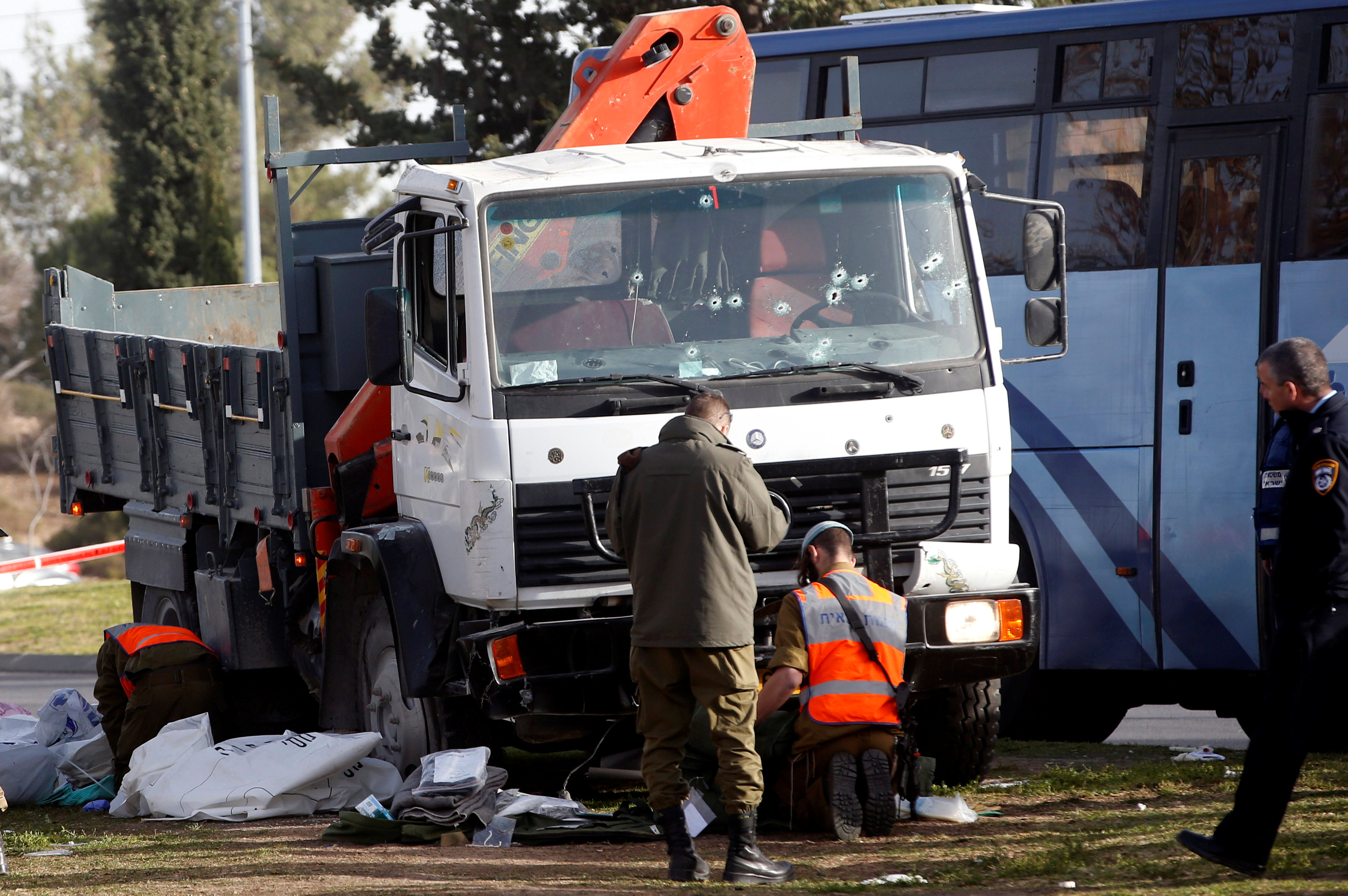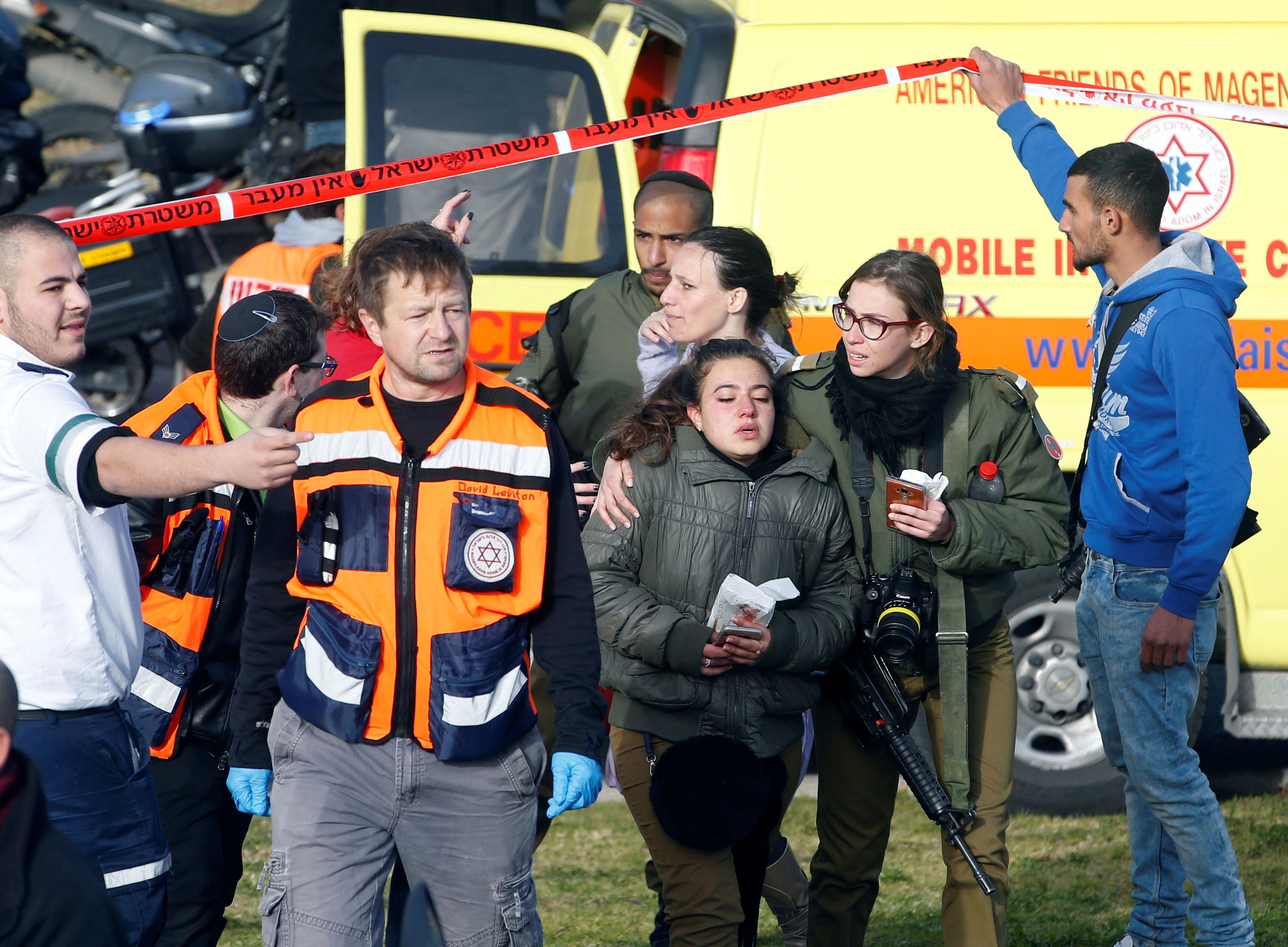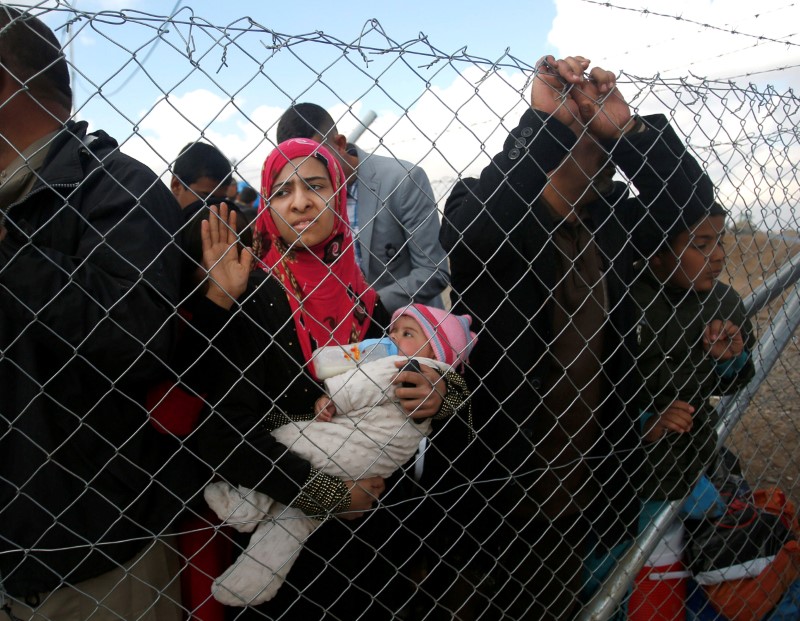
By John Davison and Stephen Kalin
BAGHDAD/ERBIL, Iraq (Reuters) – Iraqi forces fought their way into more districts of Mosul but advances in the city’s southeast were being slowed by Islamic State’s use of civilians for cover, military officials said on Tuesday.
The United Nations said civilian casualties had streamed into nearby hospitals in the last two weeks as fighting intensified in the jihadist group’s last major stronghold in Iraq.
Advances by elite forces in the city’s east and northeast have picked up speed in a new push since the turn of the year, and U.S.-backed forces have for the first time reached the Tigris river, which bisects the city.
“They entered Hadba (district) today. There is a battle inside the city,” Lt-Colonel Abbas al-Azawi, a spokesman for the Iraqi army’s 16th division, said.
Seizing control of Hadba, a large district, would likely take more than a day, and Islamic State (IS) were deploying suicide bombers, he added.
Recapturing Mosul after more than two years of Islamic State rule would probably spell the end of the Iraqi side of the group’s self-declared caliphate, which spans areas of Iraq and Syria.
Forces in the city’s eastern and northeastern districts, and in particular the elite Counter Terrorism Service (CTS), have made rapid gains in past days.
Better defenses against militant car bombs and improved coordination among the advancing troops had helped put Islamic State on the back foot, U.S. and Iraqi military officers said.
“Every day the Iraqi Security Forces go forward and every day the enemy goes backward or underground,” U.S. Air Force Colonel John Dorrian, spokesman for the coalition, told reporters in Erbil in Iraq’s autonomous Kurdish region.
MILITANTS ‘HIDING IN MOSQUES’
But fighting in neighbourhoods in the southeast has been tougher.
“The challenge is that they (IS) are hiding among civilian families, that’s why our advances are slow and very cautious,” Lieutenant-Colonel Abdel Amir al-Mohammedawi, a spokesman for the rapid response units of Iraq’s federal police, told Reuters.
Mohammedawi said rapid response units and Iraqi army units had fought their way into the Palestine and Sumer districts in the last day, but that Islamic State fighters were firing at civilians trying to flee.
“The families, when they see Iraqi forces coming, flee from the areas controlled by Daesh (Islamic State) towards the Iraqi forces, holding up white flags, and Daesh bomb them with mortars and Molotov cocktails, and also shoot at them.
“Whenever they (IS) withdraw from a district, they shell it at random, and it’s heavy shelling,” he said.
Col. Dorrian said militant fighters were hiding in mosques, schools and hospitals, using civilians as human shields.
The United Nations’ humanitarian coordination office (OCHA) said nearly 700 people had been taken to hospitals in cities in Kurdish-controlled areas outside Mosul in the last week, and more than 817 had required hospital treatment a week earlier.
“Trauma casualties remain extremely high, particularly near frontline areas,” OCHA said.
The U.S.-backed operation to drive the ultra-hardline militants from Mosul began in October and has recaptured villages and towns surrounding the city, and most of Mosul’s eastern half.
(Additional reporting by Girish Gupta in Erbil; Editing by Kevin Liffey and Richard Lough)











